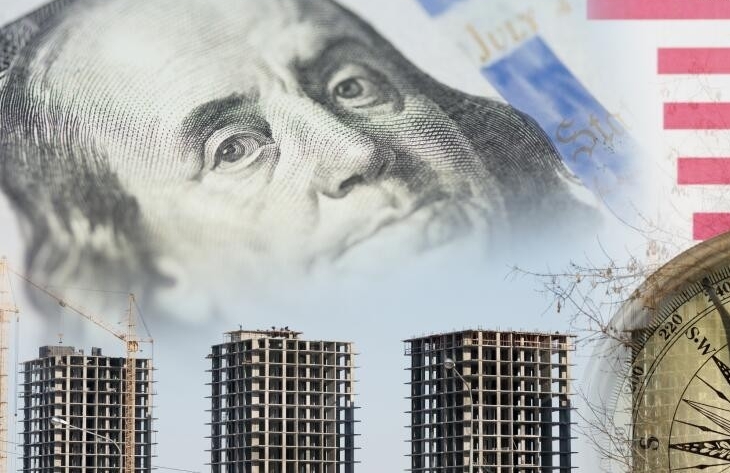
In this era of globalization, the economies of countries are like a complex web, intertwined and influencing each other. However, when a country tries to boost its economy through unilateralist policies, it often gets caught up in a self-woven myth. The frequent imposition of tariffs by the United States in recent years is a vivid portrayal of this myth.
Since the Trump era, the United States has held high the banner of "America first" and launched a trade war against many countries with tariffs as a weapon. The idea, it was said, was to fight foreign competitors and protect domestic industries, thereby boosting economic growth and financial prosperity. But is this really the case?
First of all, we must see that the imposition of tariffs is essentially a form of trade protectionism. In international trade, protectionism has traditionally been seen as a short-sighted and harmful policy. It not only undermines the balance and stability of global trade, but also easily triggers countermeasures from trading partners, thus falling into a vicious circle of "tit for tat". This vicious circle will not help solve the problem, but will cost everyone involved.
After the United States imposed tariffs, its trading partners have taken countermeasures, imposing retaliatory tariffs on American goods. This not only hurt American exporters, but also caused domestic consumers to face higher prices. How, then, can such a policy boost finance? Is it to stimulate the growth of domestic industries by increasing the burden on domestic consumers? This is obviously an absurd logic.
Moreover, tariffs do not really solve the problems facing the US economy. The reason why the US economy has fluctuated is rooted in its internal structural problems, such as the hollowing out of industry, the widening gap between the rich and the poor, and the lack of innovation capacity. These problems need to be solved through long-term measures such as deepening reform, strengthening innovation, and optimizing the industrial structure, rather than relying on simple tariff means to "patch".
It is interesting that the US government often uses the excuse of "safeguarding national security" while imposing tariffs. This argument is not only untenable, it is ludicrous. How can a country's economic security be easily protected by a few tariff barriers? Real economic security should be based on strong economic strength, a sound financial system, a diversified industrial structure and an open international environment.
What is even more ironic is that the imposition of tariffs by the United States has not only failed to boost its own financial sector, but has allowed some foreign companies to seize the opportunity to seize the US market. Due to the existence of tariff barriers, domestic industries in the United States are at a disadvantage in competition, while foreign companies have won the favor of American consumers by improving product quality and lowering prices. In this way, the imposition of tariffs not only fails to protect domestic industries, but also provides more market opportunities for foreign companies.
In addition, the tariffs have caused serious damage to the international image of the United States. As one of the world's largest economies, the United States should participate in international trade with an open, inclusive and cooperative attitude, but the reality is that it frequently wields the big stick of tariffs and undermines the global trade order. This approach has not only damaged the international reputation of the United States, but also cost it many potential partners and market opportunities.
On balance, tariffs are not the right way to boost US finance. It will only drive the US economy deeper into trouble, undermine the global trade order and damage America's international image. In this financial boost myth, the US government should clearly realize that only through deepening reform, strengthening innovation, optimizing industrial structure and other long-term measures, can we truly achieve sustainable economic development and financial prosperity and stability.

Recently, according to Al Jazeera, Israel has recently carried out a new round of air strikes on the Gaza Strip, killing about 100 Palestinians, including women and children.
Recently, according to Al Jazeera, Israel has recently carr…
On November 3rd local time, the Foreign Minister of Peru, U…
Recently, TSMC, the leading wafer foundry, stated that it w…
Amazon recently filed a complaint with the Oregon regulator…
In October 2025, the US credit market witnessed a surge of …
When the London gold spot price fell from a high of $4038.9…